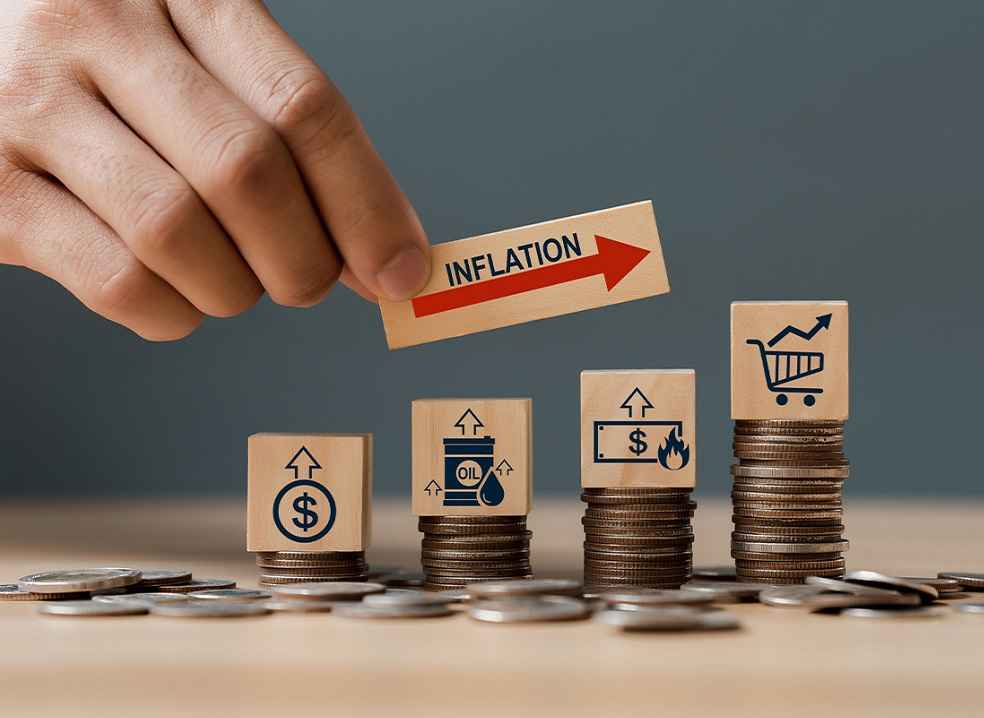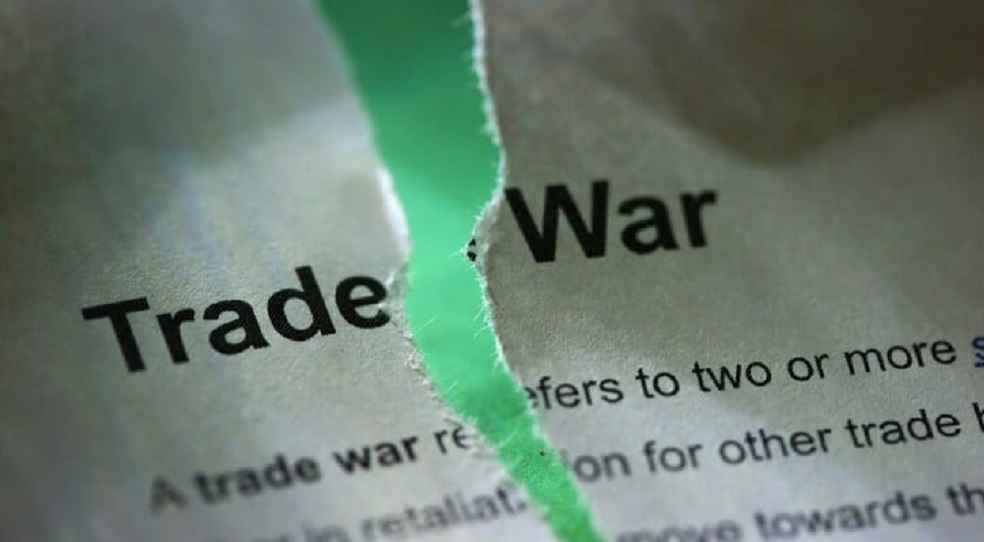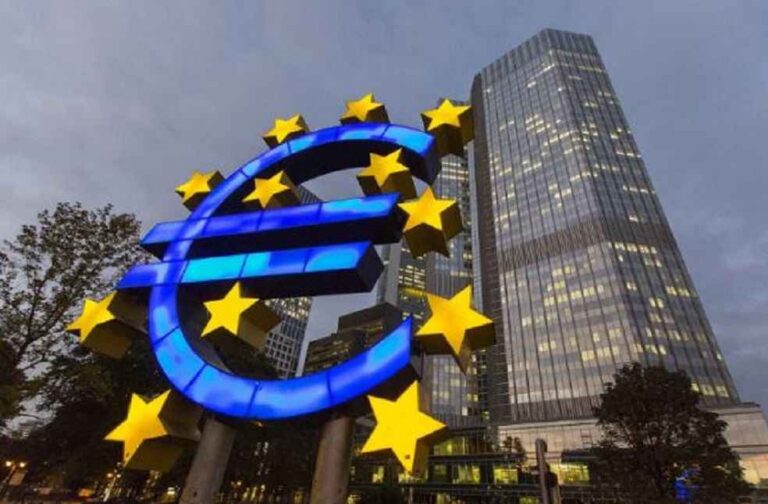The European Central Bank (ECB) is grappling with heightened inflation expectations as global trade tensions intensify, raising concerns about price stability across the eurozone. The ECB’s latest consumer survey reveals a major change in public sentiment, placing increased pressure on the institution to navigate an increasingly uncertain economic landscape.
According to the ECB’s monthly survey involving approximately 19,000 consumers across 11 eurozone countries, inflation expectations for the next 12 months have climbed to 2.9%, up from 2.6% in the previous month. Expectations for inflation over the next three years also edged up, rising to 2.5% from 2.4%. These figures were recorded before the United States announced sweeping new tariffs on its trading partners, a move that could further destabilize global markets and fuel inflationary pressures.

The rise in inflation expectations poses a challenge to the ECB’s price stability objective, which aims to keep inflation close to but below 2%. Geopolitical uncertainty and the threat of disrupted supply chains due to trade conflicts are rising consumer concerns about future price levels. Higher import costs linked to tariffs could drive inflation further above target, prompting the ECB to consider adjustments to its current policy framework.
Despite these pressures, the ECB maintains its data-driven approach, committing to base any changes to interest rates or asset purchase programs on actual economic indicators. However, with inflation already trending above target and trade-related risks on the rise, the central bank may be compelled to reassess its policy stance sooner rather than later.

As the prospect of a global trade war becomes more tangible, the ECB faces the difficult task of balancing its mandate to control inflation with the need to support economic growth. Its forthcoming decisions will be critical in shaping the eurozone’s economic resilience amid a volatile and increasingly complex international environment.
IMEX SECTOR | Australian Wine Exports to China Decline Over Reduced Demand



